As President Bola Tinubu reaches his second year in office, the political landscape is abuzz with criticism from former Vice President Atiku Abubakar. In a scathing assessment, Atiku labeled the Tinubu administration as “incompetent,” “disconnected,” and “anti-people,” going as far as ranking it among the worst governments in Nigeria’s democratic history.
Atiku did not mince words when he took to Twitter to express his concerns about how the current government under Tinubu’s leadership has failed to address the needs of the people. He highlighted a disturbing trend of increasing hardship faced by the masses, coupled with a lack of transparency, accountability, and responsible governance.
The former Vice President raised alarming statistics regarding Nigeria’s escalating public debt levels under the current administration. He cited data showing a significant jump from around ₦49 trillion in 2023 to a staggering ₦144 trillion in 2025. Not stopping there, Atiku warned of proposed borrowing that could push this figure even higher to ₦183 trillion, painting a grim picture of financial mismanagement at the federal level.
Drawing a sharp contrast between federal and state governance approaches, Atiku commended state governments for demonstrating fiscal discipline by reducing their debt burdens from ₦5.86 trillion to ₦3.97 trillion. This juxtaposition served to underscore his assertion that Tinubu’s administration shoulders much of the blame for Nigeria’s deepening debt crisis.
Beyond economic woes, Atiku also touched on social indicators that point to worsening living conditions for ordinary Nigerians. He lamented how poverty has become more entrenched across the country while criticizing what he deemed excessive and frivolous spending practices within government circles. The stark disparity between lavish official lifestyles and widespread poverty painted a damning picture of priorities skewed towards benefiting the elite over improving general welfare.
Highlighting troubling health and nutrition statistics, Atiku underscored Nigeria’s unfortunate distinction as having one of Africa’s highest rates of malnourished children—a situation exacerbated under the current regime. Citing global hunger indexes, he emphasized how hunger and malnutrition have taken root in Nigerian society, positioning it unfavorably compared to regions experiencing armed conflict like Sudan.
Atiku further decried systemic inequalities perpetuated by policies favoring wealthy elites at the expense of ordinary citizens across essential sectors such as healthcare, education, and public service delivery. He painted a sobering reality where socioeconomic status dictates access to quality services—creating an environment where privilege thrives while marginalizing those most in need.
In closing remarks that resonated with solemnity, Atiku encapsulated Nigeria’s evolving identity under Tinubu’s leadership—a nation where wealth accumulation concentrates among an affluent minority while vast segments grapple with harsh economic realities daily without respite or support systems in place.
As criticisms mount against Tinubu’s administration from high-profile figures like Atiku Abubakar, questions linger about whether these assessments will spur meaningful changes or serve as cautionary tales for future governance models striving for inclusive prosperity for all Nigerian citizens.



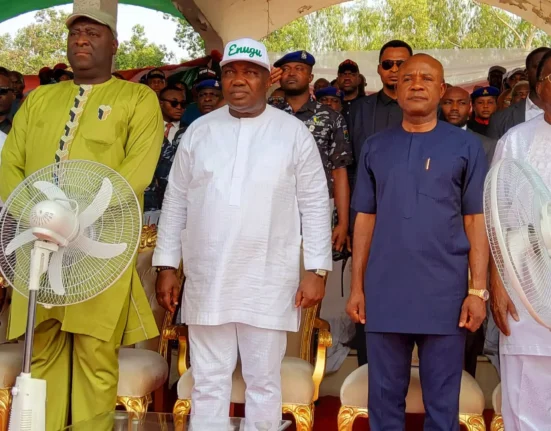
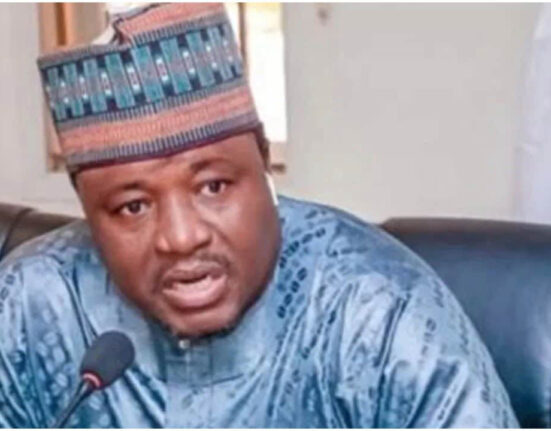
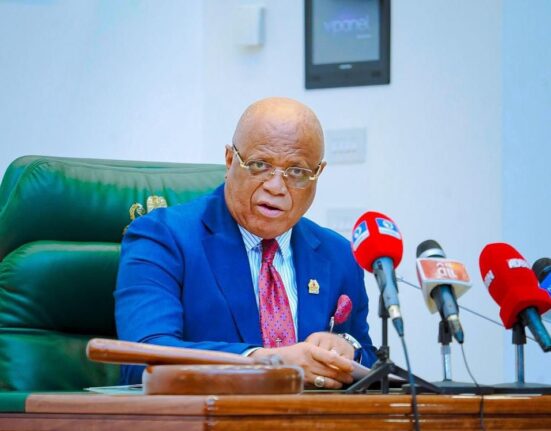
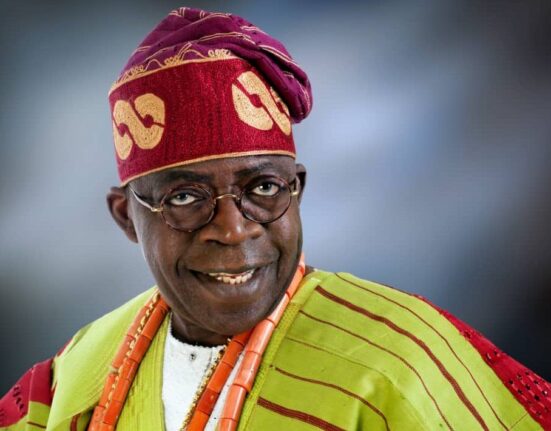
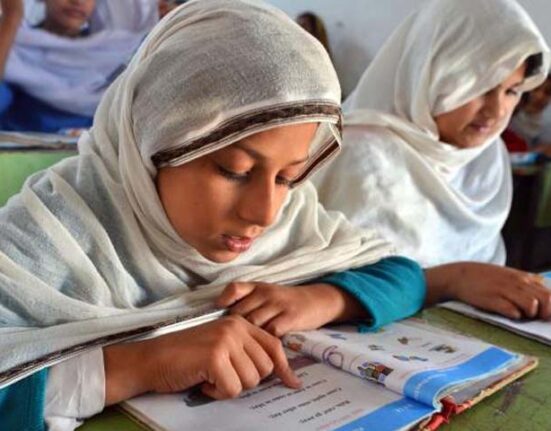

Leave feedback about this